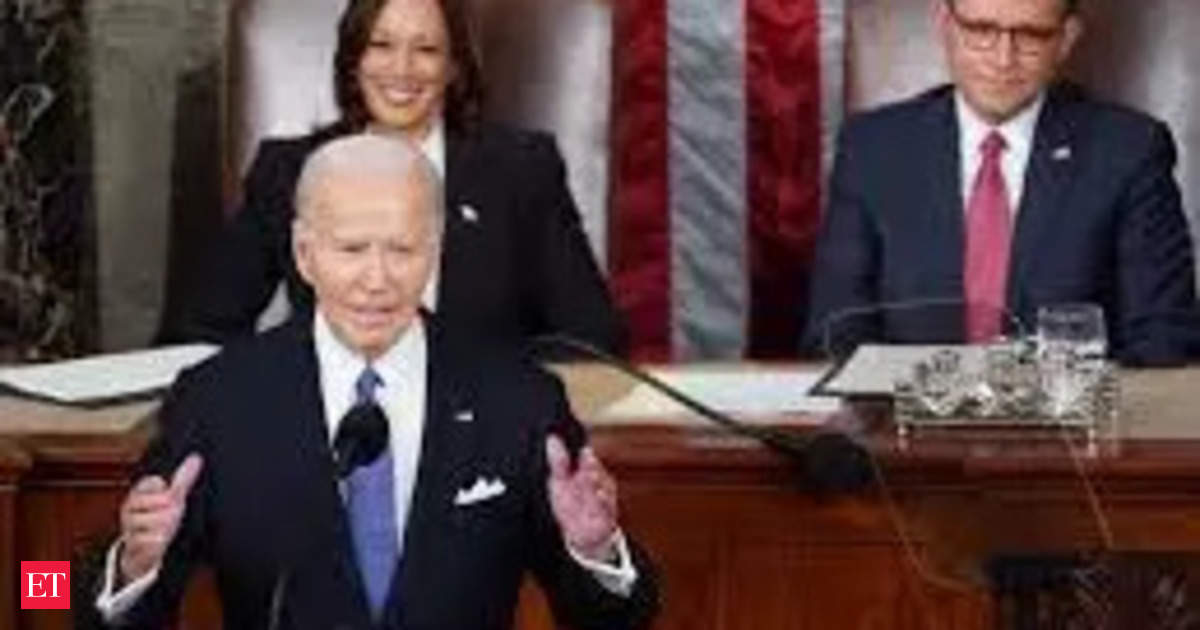By various metrics, the U.S. economy appears to be on solid ground. GDP growth is strong, and unemployment rates are low. Notably, inflation has decreased to a three-year low of 2.4% as of September. Despite the Federal Reserve raising interest rates to a 23-year high to combat inflation, the economy has managed to avoid a recession. Experts like Mark Zandi, chief economist at Moody’s Analytics, believe the economy is performing exceptionally well, rating it an “A+.” However, the gap between expert opinions and public sentiment is significant.
Disparities in Economic Sentiment
Only 10% of Americans consider the economy “very good,” while about 52% feel they are financially worse off than four years ago. This disparity may stem from elevated prices for everyday necessities, which continue to strain household budgets. Factors such as rising grocery costs, rent, and healthcare contribute to a sense of economic precariousness. Economic assessments are often shaped more by personal experiences than by statistics like GDP or unemployment rates.Political and Educational Divides
Political affiliation plays a significant role in how individuals assess the economy. Republicans tend to rate the economy poorly, with nearly 90% of conservatives describing it as bad. In contrast, Democrats view the economic situation more favorably. There is also a noticeable divide based on education levels; Americans without a college degree are more likely to express negative sentiments about the economy compared to those with degrees. This reflects broader trends of wage stagnation for non-college educated workers, who are disproportionately affected by inflation.
Also Read : Biggest fraud? Justin Bieber may sue business managers for squandering $300 million fortune
High Prices Hurting the Consumers
While inflation is on the decline, the cost of goods and services remains high. For example, groceries still cost 26% more than they did before the pandemic. This ongoing financial strain impacts consumer sentiment and shapes public perceptions of economic conditions. Many Americans feel that prices will not return to pre-pandemic levels, contributing to a pessimistic outlook.
Job Market and Stock Market Trends
The job market remains robust, with employers adding 254,000 jobs in September, exceeding expectations. Wage growth has also outpaced inflation since May 2023, providing some relief to workers. However, not all Americans benefit equally from the economic recovery. Stock market gains primarily help those with investments, and about 60% of Americans do not own stocks. As a result, public awareness of the stock market’s performance does not always translate into positive sentiment about the overall economy.
FAQs:
What is the current public sentiment about the economy under the Biden-Harris administration?
Many Americans express dissatisfaction, with polls showing that about 60% describe the economy as “fairly bad” or “very bad.”
How do experts assess the current state of the U.S. economy?
Experts point to strong GDP growth, low unemployment rates, and a decrease in inflation to a three-year low of 2.4%, indicating a resilient economy.
Disclaimer Statement: This content is authored by a 3rd party. The views expressed here are that of the respective authors/ entities and do not represent the views of Economic Times (ET). ET does not guarantee, vouch for or endorse any of its contents nor is responsible for them in any manner whatsoever. Please take all steps necessary to ascertain that any information and content provided is correct, updated, and verified. ET hereby disclaims any and all warranties, express or implied, relating to the report and any content therein.
